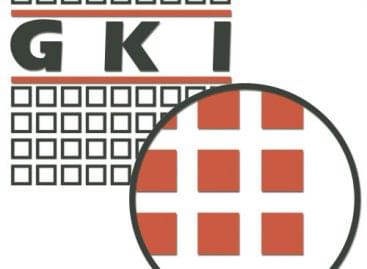Magazine: Hungary’s economic growth has probably reached its peak

Attila Udvardi
head of research
GKI
In the last quarter of 2017 and in the first quarter of 2018 the Hungarian economy grew by 4.4 percent. Economic growth has only been faster once in the last decade. This growth rate is the 4th-5th biggest in the region, and with this Hungary has probably reached the peak of the present economic upturn. Consumer consumption growth is expected to slow down in the remaining part of the year, plus external conditions are also likely to take a turn for the worse.
In 2018 building and construction, agriculture, info-communication and retail trade are the fastest-expanding sectors in Hungary. This year’s investment rate can grow to 22.5 percent, reaching the pre-recession level. This is mainly the result of state-financed (in large part EU-funded) development projects.
The dynamics of gross wages will slow down from last year’s 13 to 10 percent – this means a real wage increase of about 7 percent. After last year’s 15-percent growth, in 2018 the minimum wage will increase by 8 percent. Consumption has been growing for six years and this trend is likely to peak at 4.5 percent in 2018. By June inflation speeded up to 3.1 percent, which was the third highest rate in the European Union. As for the state budget, the deficit is expected to be around 2.2 percent (calculated using the EU method). //
Related news
The GKI business climate index started 2026 with a minimal decline
🎧 Hallgasd a cikket: Lejátszás Szünet Folytatás Leállítás Nyelv: Auto…
Read more >Related news
EY Businessman of the Year: Tibor Veres is the grand prize winner, six special awards were also given out
🎧 Hallgasd a cikket: Lejátszás Szünet Folytatás Leállítás Nyelv: Auto…
Read more >The government is supporting dairy farmers with a new measure
🎧 Hallgasd a cikket: Lejátszás Szünet Folytatás Leállítás Nyelv: Auto…
Read more >








